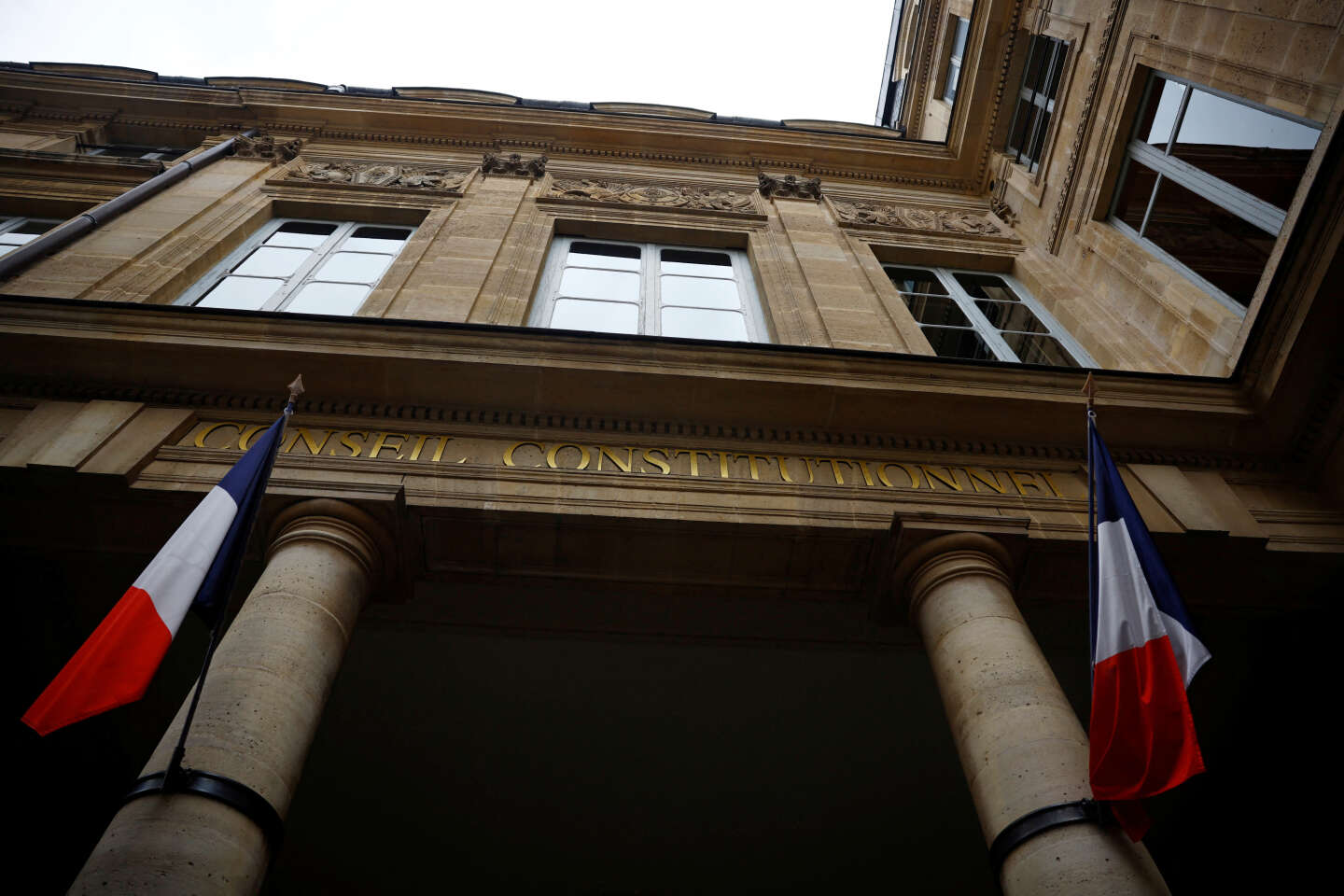


The French Constitutional Council rejected significant portions of the immigration law passed by Parliament at the end of 2023, in a decision on Thursday, January 25. The highly awaited decision, after the government's law was adopted with the support of the right and the far right, was the second longest in the Council's history, with 276 paragraphs and 52 pages.
The ruling answers referrals to the Council by the left-wing opposition, President of the Assemblée Nationale Yaël Braun-Pivet, and President Emmanuel Macron. After the Council's decisions, Interior Minister Gérald Darmanin announced that the law would be promulgated "in the coming hours."
Thirty-five of the 86 articles passed by Parliament on December 19, 2023, were rejected by the Council. Thirty-two of these were considered "legislative riders" – in other words, not sufficiently related to the bill under consideration. In those cases, the Council did not decide on the substance of the proposals; only on the procedure. They may well be the subject of new bills or proposed legislation. Nevertheless, the pruning is severe.
The decision scraps some of the text's most controversial measures, most of which were introduced by the right-wing Les Républicains as part of their deal with the government to support the bill. Notably, the Council rejected restrictions on foreigners' access to social benefits, which opponents of the law equate to the "national preference" consistently put forward by the far-right Rassemblement National party.
These provisions stipulated that non-EU foreign nationals must have resided in France for at least five years or have been employed for a specified duration to be eligible for housing aids, disability aids, and family benefits.
Established case law
The Council also rejected articles tightening family reunification rules; the end to the automatic right to citizenship for children born in France to foreign parents; the exclusion from emergency accommodation for homeless undocumented migrants; stricter access to residence permits for students or sick foreigners; the introduction of a deposit for foreign students; and the end of free transportation in the Paris region for undocumented migrants.
The re-introduction of a €3,750 fine for illegal residence was also struck down. Additionally, a lesser-known measure regarding the automatic issuance of long-stay visas to British second-home owners in France was also annulled.
The nine members of the Council also partially or fully invalidated three of the law's articles on substantive grounds, in particular a provision in Article 1 that mandated an annual debate in Parliament on immigration and the establishment of immigration quotas.
You have 65% of this article left to read. The rest is for subscribers only.
